Canada proposes to admit 117,500 immigrants per year under the Provincial Nominee Programme (PNP), one of the most well-known economic immigration schemes in the country, by the end of 2025. Candidates from Express Entry will be accepted into many PNP programmes.
This year, there have been some significant modifications to Express Entry. Six new attribute-based Express Entry categories were introduced by Immigration, Refugees and Citizenship Canada (IRCC) on May 31.
These categories imply that applicants who satisfy the prerequisites for one of the subsequent six categories have an additional chance to be selected to receive an Invitation to Apply (ITA) in an Express Entry draw:
- Healthcare
- STEM (science, technology, engineering, and math) careers
- Tradespeople in construction, plumbing, and carpentry
- Transport
- Farming and food production
- Strong command of the French language
How does the PNP function?
With the exception of Quebec and Nunavut, every province and territory in Canada has its own PNP. Through these programmes, the federal government distributes nominations that a provincial government can utilize to choose economic immigration candidates who have the best chance of integrating into the province’s labour or economy. This is possible because the federal and provincial governments share responsibility for immigration.
After accepting a nomination, a candidate can submit a nomination application directly to a province. If their application is accepted, it will support the IRCC’s request for permanent resident status.
A candidate may be chosen from the Express Entry applicant pool (referred to as a “enhanced nomination”) or may submit a direct nomination request to a province government (referred to as a “base nomination”).
A PNP applicant will gain 600 more Comprehensive Ranking System (CRS) points through enhanced nomination, all but ensuring their selection in the future Express Entry lottery.
Several PNP streams resemble the brand-new category-based Express Entry draws. In British Columbia, for instance, individuals with a hospital career are nominated every week, while drawings for people with tech jobs are held frequently. Dedicated streams are also available in other provinces, and they specifically recruit applicants with relevant work experience or who are already working in a profession with high demand in their province.
Why accept a PNP nomination if I can be chosen based on my eligibility?
Even if you are in the Express Entry pool and work in one of the new categories, the 600 CRS points from a PNP nomination may still be advantageous.
For the Canadian Experience Class, the Federal Skilled Worker Programme, the Federal Skilled Trades Programme, and PNP applicants with Express Entry profiles, IRCC has not declared that it will stop hosting all-program or even program-specific lotteries. In fact, the majority of applicants have gotten invites in all-program draws since the implementation of category-based selection in May.
It is advantageous to obtain a CRS score that is as high as possible since it will play a major role in an all-program draw and be the primary determining factor.
The category-based Express Entry selection process still applies in this case. Even though these scores are often a little lower than those from an all-program draw, exceeding the minimum score is advantageous.
Is there a reason for rejecting a provincial nomination?
The decision to accept a provincial nomination may not be in the best interest of candidates who already have a very high CRS score.
This is particularly important because, even if you receive an upgraded nomination, the PNP demands a different procedure from Express Entry.
You only need to submit one application and pay one fee to IRCC in order to be granted permanent residence if you are given an Express Entry ITA that is not linked with the PNP. The majority of applications are subject to a six-month maximum processing time limit.
If you get an enhanced nomination, you must first file an application and pay the province that is nominating you any fees that might be due. You must adhere to the processing criteria set by the province. Once approved, you must submit your permanent residency application to IRCC along with the required cost and adhere to the six-month processing requirement.
This means that while you wait for a nomination decision, receiving an upgraded nomination may lengthen your immigration process. Depending on the province that recommends you, it can potentially cost more to file the two applications. The majority of provinces charge an application fee, however others do not.




